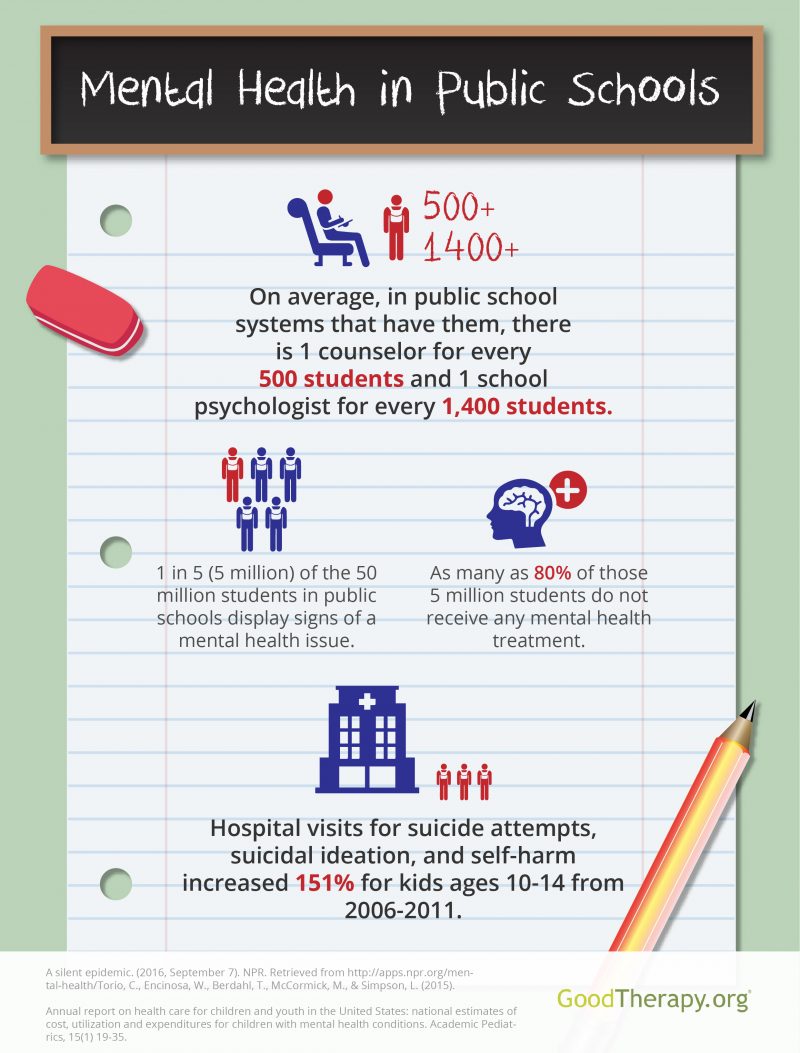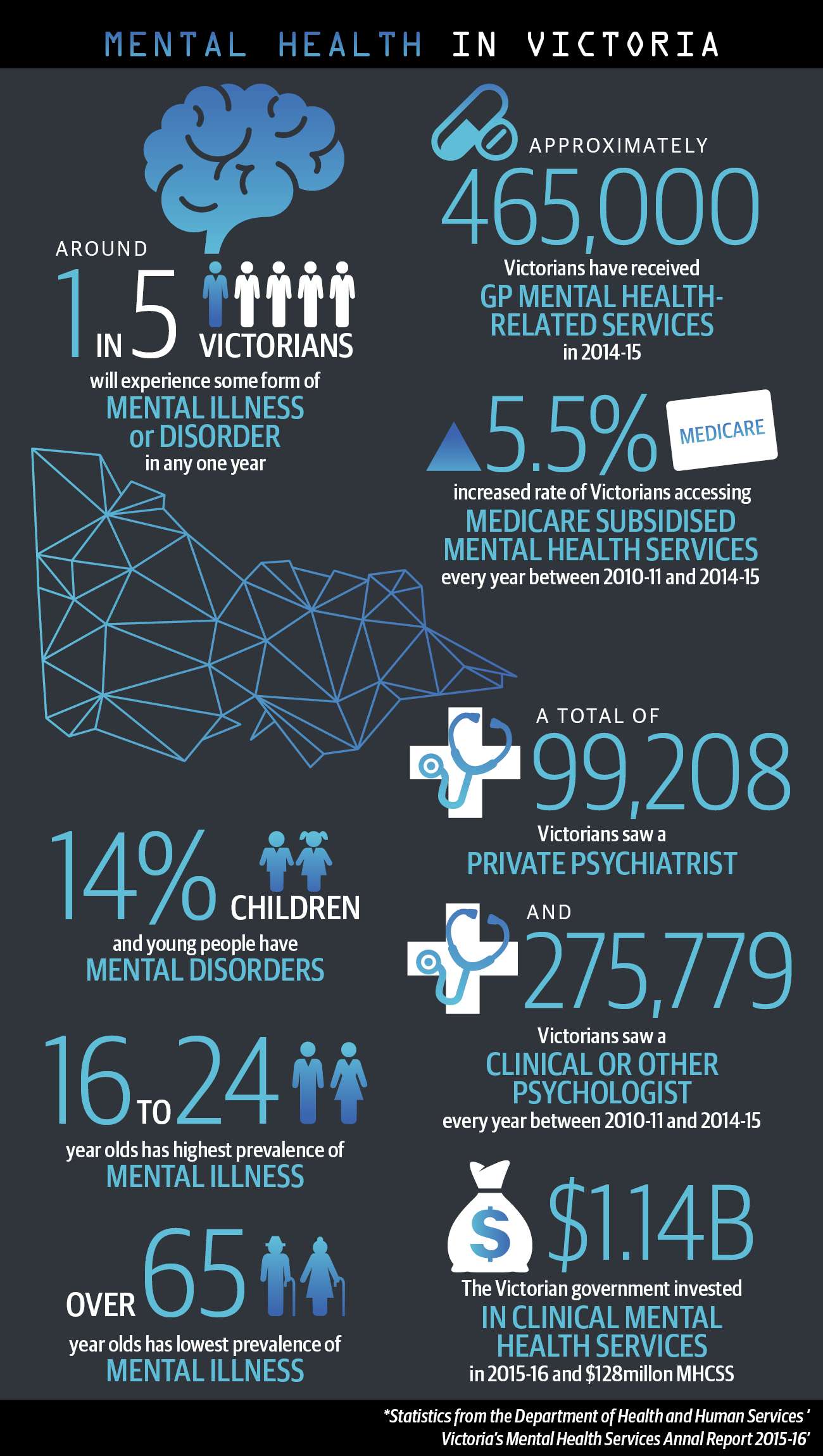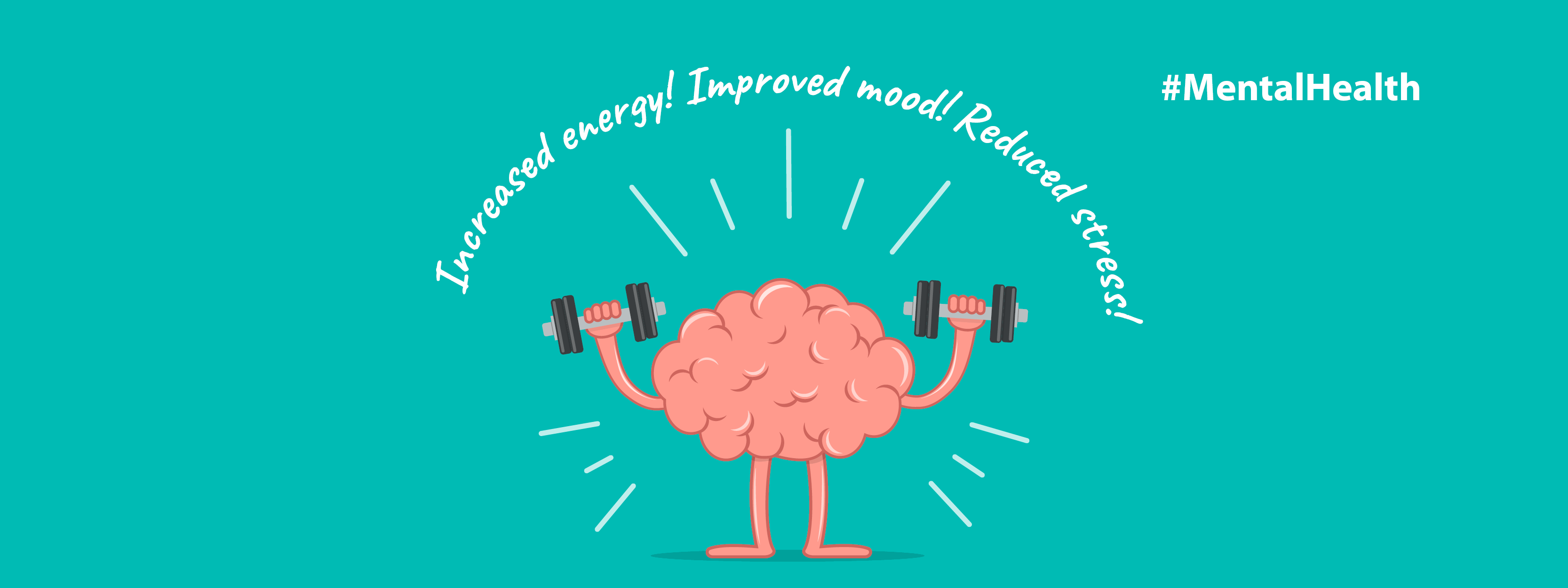
What is Mental Health America? This article will explain the organization's mission, programs, affiliates, and other details. Learn more information about Schroeder Strabling, its founder. And, learn about some of its key stats, including uninsured rate, Programs, and Affiliates. Continue reading to find out more about Schroeder Stribling’s mission in mental health America. Then use this information for an informed decision on your charity.
Schroeder Stribling
Schroeder Stribling (President and CEO of Mental Health America) has three years' experience in the field. Stribling has a Bachelor of Science (Political Science) from Wellesley College as well as a Masters of Social Work from Smith College School of Social Work. She also served on the boards of Planned Parenthood of Metropolitan Washington as well as the Georgetown University Center for Integrative Medicine.
Mission of the organization
Mental Health America has as its primary goal to serve as a catalyst for the identification of and the response to mental health problems in the community. Its mission is promote mental health awareness, treatment and education as well as prevention of mental illness and other mental disorders. It advocates for mental health rights and supports community mental resources. Its mission is to prevent mental illness, promote wellness and improve quality of life.

Programs
Mental health is a significant issue for many people and communities across the United States. Mental Health America has many programs that can help with mental health concerns. These programs include local events and conferences, online resources, and local resources. They also encourage the development of community-based solutions to mental health problems. Mental health education is important for families and individuals. Mental Health America provides the tools and resources to help people live a better life. These services make a positive difference in the lives both of individuals and their communities.
Affiliates
Mental Health America affiliates are the cornerstone of the national network and bring together consumers, advocates, and service providers from all over the country. The nonprofits have a mission to raise awareness about mental healthcare. They also offer technical assistance and training for local affiliates in a variety issues such as managed care, mental parity advocacy, education on anxiety disorders, and education on mental health. Along with these vital resources, the national offices offer invaluable assistance in board development, fundraising plans, program implementation, and other matters.
Impact of Hurricane Sandy on Mental Health System
As flood waters recede across Louisiana and Texas, we can draw lessons from Hurricane Katrina to aid in our recovery efforts following Hurricane Sandy. Sandy increased the demand on emergency rooms and regional hospitals for mental health and chronic diseases patients. As these problems are exacerbated, a focus on prevention and treatment is necessary. Numerous organizations have launched relief operations. Despite its small size, Hurricane Irma has had significant effects on the US's mental system. Therefore, recovery efforts will likely focus on these patients.

FAQ
Why is mental health so important?
Everyone needs mental health. Mental health is essential for everyone. So, it is essential to maintain a healthy mind.
Our bodies can start to feel stressed if we don't feel well. This could cause health problems, such as stomach aches, backaches, headaches, and other issues. To keep our bodies and minds healthy, we must take care ourselves.
What should I do if I am experiencing mental health issues?
It is crucial to seek out help if you are struggling with any mental health issues. There are chances that you have suffered trauma or abuse in your past. It is possible that your thoughts about yourself have been affected by this.
A mental illness such as an eating disorder or addiction could also be present. These disorders can cause significant damage to your personal and professional life.
You shouldn't attempt to handle them yourself. Talk to someone who has experience with these issues. A professional therapist can provide the support you need to overcome these challenges.
What is Positive Psychology, and Why is It Important?
Positive psychology emphasizes what makes us feel good about ourselves. This includes happiness, optimism, gratitude and hope. Positive psychology seeks to make individuals happier, healthier and more intelligent through self-improvement.
There are two types of positive psychology: trait positive psychology and process positive psychology. Trait positive psychology studies how people naturally tend to behave. The process of positive psychology studies how to use specific strategies to achieve certain goals.
How can I avoid mental health issues in the future?
Preventing mental disorders is easy. Here are some tips:
-
Don't drink alcohol. Drinking alcohol can cause depression and affect your mood.
-
Avoid drugs. Avoid using drugs.
-
Get enough sleep. Anxiety and depression can result from sleep deprivation.
-
Exercise regularly. Exercise releases endorphins which can make you happy.
-
Healthy foods are the best. Eaten junk food can make one feel slow and unmotivated.
-
Spend time with your loved ones. Spending time with those you love can improve your mood.
-
Have fun. Enjoy life and try new things.
-
Retire from social media. Social media can make you feel isolated and lonely.
-
Treat yourself with kindness. Treat yourself nicely, even if you aren't feeling great.
-
Ask for help. Ask for help if you are having difficulty coping. Talking to your family member or friend can be very helpful.
-
It's okay for you to cry. Crying helps you release tension and stress. It does not necessarily mean that something is wrong.
-
Keep busy. Find something you like to do.
-
Make sure you have good hygiene. Bad hygiene can make it difficult to feel attractive and clean.
-
Keep connected. Staying connected will help you stay positive.
-
Learn how relax. Meditation and yoga can be helpful in reducing stress.
-
Find meaning and purpose in what you do. Finding purpose in your job and hobbies can bring you satisfaction.
-
Be present in the moment. If you can focus on the moment, you will not worry as much about the future.
-
Set goals. Set goals will motivate you to achieve them.
-
Do something for yourself. Doing something nice for yourself can boost your self-esteem.
-
Practice gratitude. Gratitude can help you appreciate all the good things in your life.
-
Volunteer. Volunteering can be a fun way to make a difference and spend your time.
-
Give back. Giving back can help you feel fulfilled.
-
Be alert for warning signs. Don't be afraid to ask for help if your behavior changes.
Statistics
- Similarly, for positive mental health, there is likely to be substantial agreement about some typical components (e.g., resilience to stress) 6, and controversy about more atypical components (e.g., career consolidation). (ncbi.nlm.nih.gov)
- It means no drinking any alcoholic beverages and no taking any drugs that aren't 100% natural.
- In any given year, an estimated 18.1% (43.6 million) of U.S. adults ages 18 years or older suffered from any mental illness, and 4.2% (9.8 million) (healthypeople.gov)
- It does have some influence, but not nearly as much as we might think, so focusing less on attaining wealth will likely make you happier (Aknin, Norton, & Dunn, 2009); (positivepsychology.com)
- Appropriate nutrition and exercise are likely among the most efficacious and cost-effective positive mental health interventions. (ncbi.nlm.nih.gov)
External Links
How To
How to manage stress
Stress is part of everyday life. But, when we feel stressed we want to find ways that we can relax and relieve our tension. Stress can have a negative impact on every part of your life. It can cause physical problems such as headaches, neck pain, back pain, stomach aches, heartburn, diarrhea, constipation, insomnia, depression, anxiety, and muscle spasms. You may even develop ulcers if you're under chronic stress.
There are many methods to reduce stress. Exercise is a great way to release endorphins. This makes you happy, relaxed, as well as calm. Meditation helps reduce stress by slowing down, and taking deep breathes. Yoga is another great way to help reduce stress and improve overall health.
It is important to learn how stress can be controlled and eliminated. Ask someone who does.